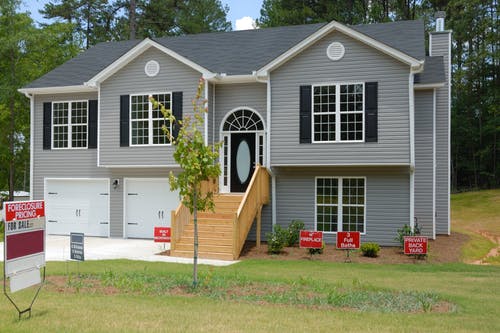Working from home isn’t a strange idea. Some have done it part-time or full-time, and many have found success in remote occupations such as IT, freelance writing, virtual assistant or contact center employment, and entrepreneurs. Many organizations have relocated their operations permanently away from major cities due to the rapid move to remote jobs in 2020. Small towns are one alternative that may provide a welcome break from the hustle and bustle of metropolitan life.
Considerations Before Relocating
Although lower living costs and more opportunities to contact nature may be appealing, there are certain drawbacks to consider before migrating to a small town.
House Hunting
Moving to a small town may provide you with the space you need. Small towns may give much room at a reasonable price. Do you want to move in with your family? Relocating to a small town may help you realize your ambition of buying a home. More affordable housing may make owning more possible. However, depending on where you look, finding a home that meets your needs may be difficult. Rural places have fewer dwellings by definition, and those that are accessible are more prone to be worn down than metropolitan areas.
Job Searching
People leave small towns for various reasons, but one factor connects them all: a desire for a higher standard of living. Small towns have historically struggled with job shortages, with unemployment rates that are greater than in cities. In addition, examine if the city you’re considering has a single large employer, such as a factory, or is mostly based on a single revenue stream, such as tourism. It and its residents are more exposed to economic shifts under such conditions.
If you haven’t already done so, check for remote employment before relocating.
Budget
If you relocate to a small town, your living expenses are likely to decrease. Food, healthcare, child care, and taxes are all more expensive in cities than in rural areas.
Entertainment
In a tiny town, immersive entertainment is hard to come by. Rural regions have a slower pace of life, which will help you feel calmer. You will have more chances to admire nature outside of the city. Expect a diverse choice of entertainment alternatives. The best home for you in Rifle is in a centralized location, where a wide range of recreational activities can be quickly accessed.
Community
Family and community bonds are frequently stronger in small towns, making participation in the social dynamic more challenging. Small-town life implies fewer people in comparison to big urban regions, which encourages strong social relationships. Because this might happen anywhere, do your research and speak to other residents before making a decision.
Conclusion
A small-town lifestyle is not for everyone. Rural life has various drawbacks if you don’t already work from home: possibly nosy neighbors, limited entertainment, and a lack of well-paying employment, to name a few. But let’s say you’re capable. In these circumstances, small-town living may provide several advantages, including cheaper living expenses, a larger chance of homeownership, and access to a more tranquil, nature-filled lifestyle.

